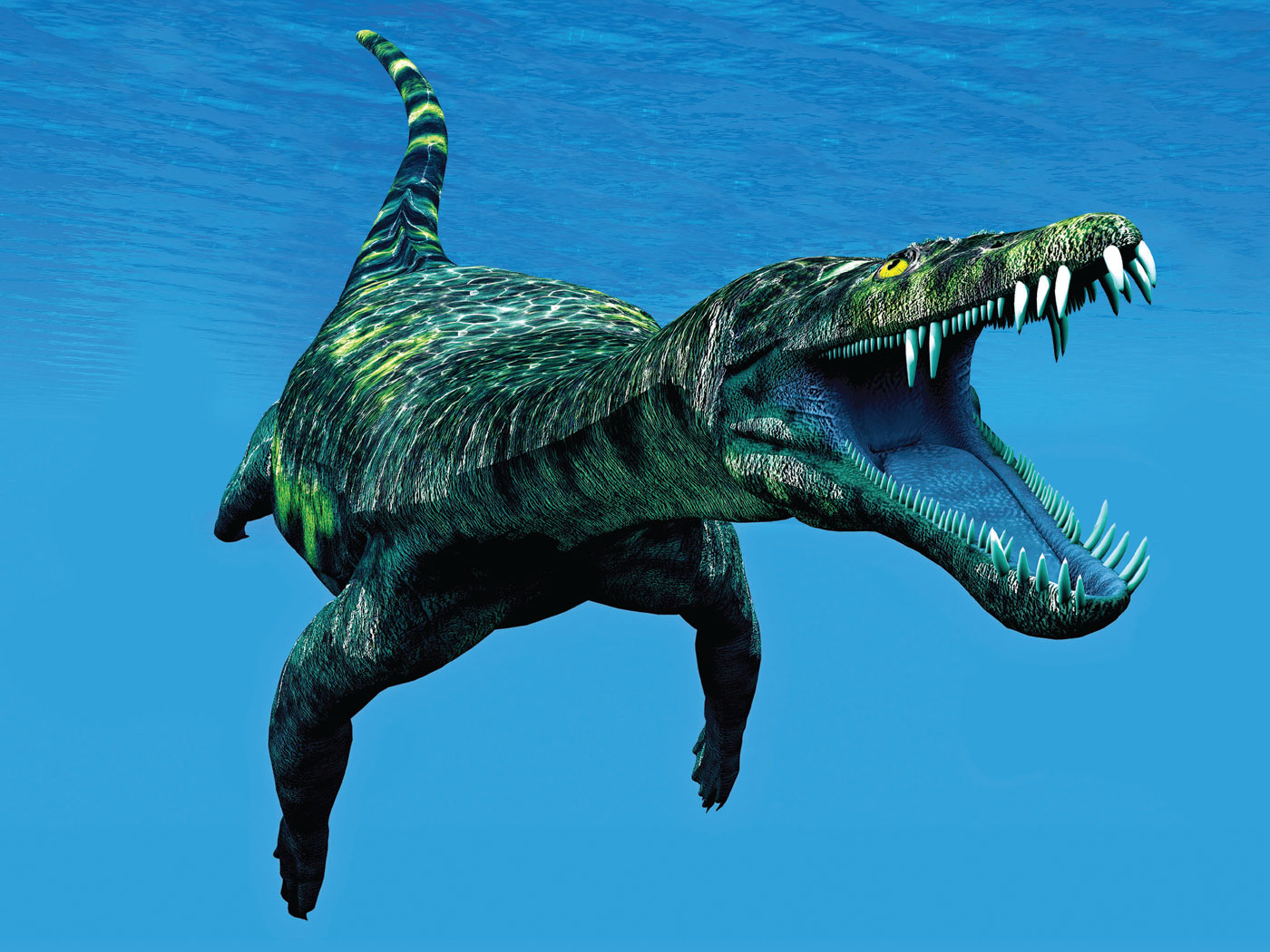
Are Sea Sponges Mostly Human?
Sponges have long been considered one of the "simplest" forms of life. Now an international team of scientists has analyzed sponge DNA and concluded that it shares representative genes associated with the core processes of all animal cells--including human cells. What does this say about where sponges and people came from?

How Can Evolution Explain Opposite Genetic Effects?
To produce offspring, males and females contribute specialized reproductive cells called gametes--sperm cells from males and eggs from females. Most genes used to manufacture gametes differ from organism to organism. Scientists were surprised, therefore, by a recent study showing that, in spite of those differences, one gene in particular was present in all the animals surveyed.

100 Years of Fruit Fly Tests Show No Evolution
July 22, 2010, marked the 100th anniversary of genetic investigations using fruit flies.

Dallas Hospital Thwarts 'Evolving' Bacteria
Methodist Dallas Medical Center in 2009 averted an impending outbreak of dangerously infectious bacteria called Acinetobacter baumannii. Although less prevalent than MRSA, Acinetobacter has acquired a similar resistance to common antibiotics. Would it be accurate to refer to this change in bacteria as "evolution"?

Shark Study Hammers More Nails in Evolution's Coffin
In the late 1800s, a Darwinian concept called "transmutation of species" revolutionized historical biology. Instead of viewing animal species as the products of special creation, Darwinists believed that they resulted from a long, repetitive transformation through various "natural" or environmental pressures.






